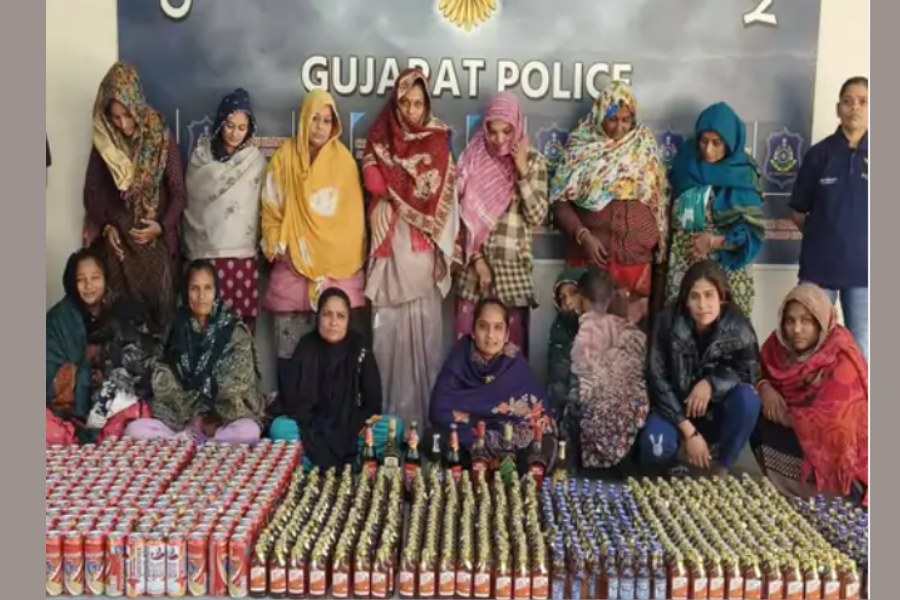With air pollution levels in Delhi entering the “severe” category, the Central Pollution Control Board (CPCB) has issued an alert. In response, the Commission for Air Quality Management (CAQM) held an emergency meeting and announced the implementation of Stage 3 of the Graded Response Action Plan (GRAP) in the National Capital Region (NCR).
Schools to Go Online for Young Children
Considering the alarming pollution levels, children up to Grade 5 will not attend physical classes; instead, they will study through online platforms. This decision was confirmed following CAQM’s announcement, despite earlier statements from Delhi’s Environment Minister Gopal Rai that GRAP-3 restrictions might not be enforced.
What Happens Under GRAP-3?
When air pollution reaches the “severe” category, GRAP-3 restrictions come into effect, including:
- Construction and demolition work: Prohibited activities include boring, drilling, piling work, and open trench systems for sewer lines, drainage, and electrical cabling.
- Industrial restrictions: Brick kilns, stone crushers, RMC batching plants, and large-scale welding or gas-cutting operations will be halted.
- Road and transport limitations: Movement of vehicles on unpaved roads and transportation of construction debris will be banned.
- Mining activities: Mining and related operations will cease.
Restrictions also extend to BS-3 petrol and BS-4 diesel vehicles in Delhi, Gurgaon, Faridabad, Ghaziabad, and Gautam Buddha Nagar. Light commercial vehicles under BS-3 will also be restricted, though essential goods carriers are exempted.
Online Classes Declared for Younger Students
Delhi Chief Minister Atishi announced that classes for students up to Grade 5 would remain online until further notice, and these children are not required to attend school physically.
Supreme Court to Hear Pollution Petition
As Delhi experiences its second consecutive day of severe pollution, the Supreme Court has agreed to hear a plea regarding the pollution crisis on November 18.
Farm Stubble Burning Adds to Woes
Meanwhile, Punjab reported 509 new stubble-burning incidents, taking the total for the season to 7,621 so far. These cases continue to contribute significantly to Delhi’s deteriorating air quality.



